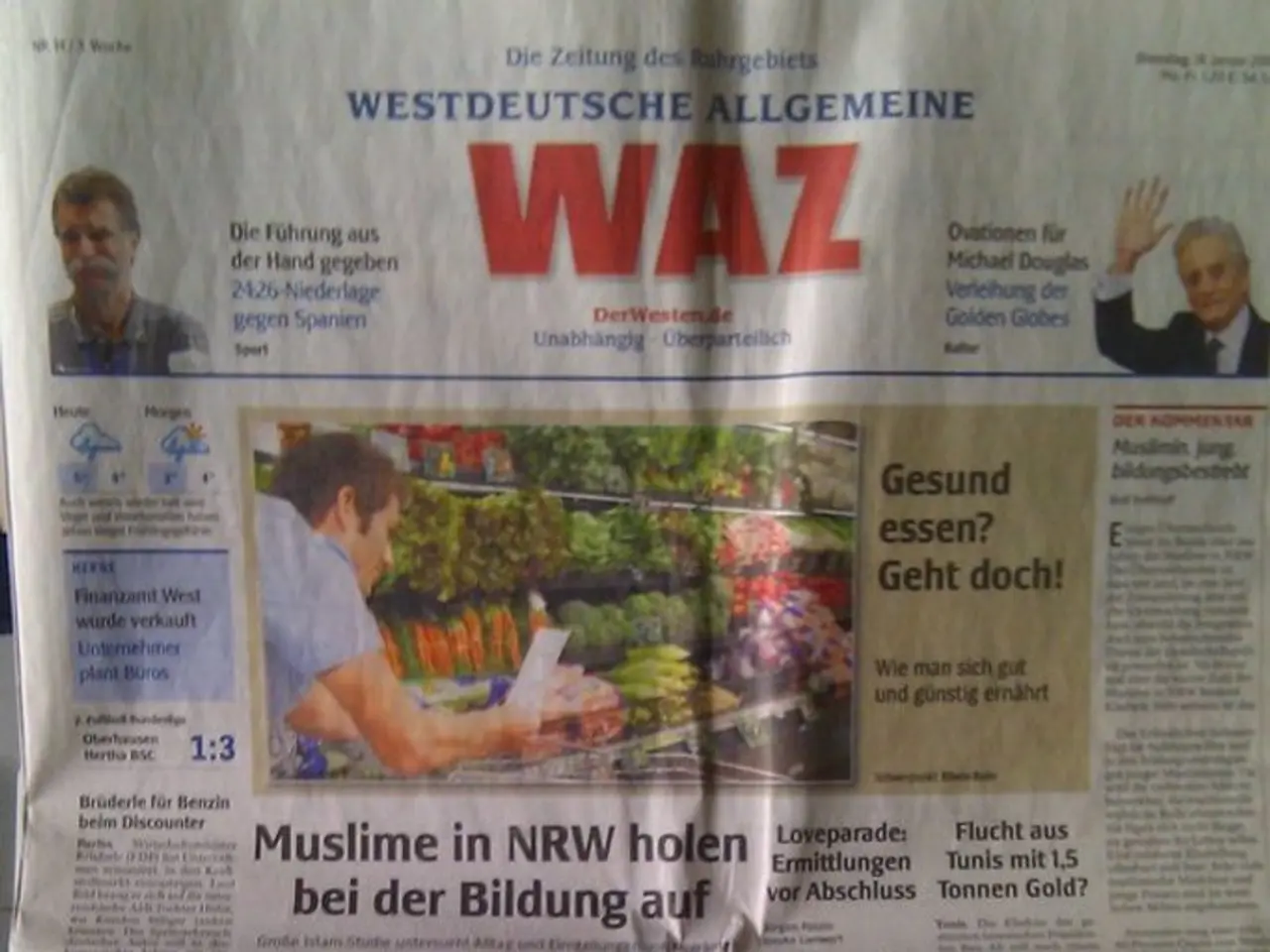Significance of Faith in Commercial Exchanges
In the sprawling network of financial deals, one crucial thread often gets overlooked - trust. This invisible force holds together the economic world, where transactions and interactions aren't just necessary for survival, but they're the lifeblood of entities and individuals alike. Think of trust as the grease that lubricates the gears of commerce, making them turn smoother.
While trust might seem like a fuzzy idea outside social sciences like economic sociology, it's actually more than just a simple belief or emotional commitment. It's about assumptions we make about others' future behavior, risk assessment, and shared values. In the economic arena, trust helps us weigh the risks and rewards of entering deals with strangers, providing a sense of stability in the face of human unpredictability and market forces.
This piece dives deep into the significance of trust amidst economic exchanges, exploring how it shapes transactions, influences parties, and transforms markets at local and global scales. From personal encounters to institutional relationships, we'll explore the key role trust plays and the far-reaching effects it has on the economy.
Trust gives transactions a rhythm - like a dance, it sets the steps for coordination and mutual satisfaction. But where does that rhythm originate? It primarily comes from social norms and past experiences. Trust is a learned behavior, shaped by our history and cultural context. When we engage in a deal, we each bring our unique past and biases, creating an assumption that the other will behave in ways we deem acceptable. Essentially, trust is about tapping into social capital - the background investments of relationships and social networks that strengthen cooperation.
Institutions help reinforce individual trust by providing a reliable framework. Think of laws, regulations, and enforceable contracts; they supply the security needed for trust to flourish and evolve. A strong institutional framework makes people and organizations more likely to participate in economic activities since they know they're protected against potential deceit or opportunism.
The foundation of trust is multi-layered, composed of personal, social, and institutional elements. Together, they create a clear picture of how trust functions among economic actors. As economic landscapes and cultural contexts evolve, so do these foundational layers, keeping trust as a relevant topic in economic sociology.
Interpersonal trust shines in direct exchanges between individuals, playing a major role in countless transactions spanning from daily purchases to complex business agreements. It rests on mutual respect and personal credibility. At the micro level, interpersonal trust simplifies everyday interactions, like buying groceries, where we trust the shop to provide quality products at fair prices. At the macro level, interpersonal trust impacts negotiations, partnerships, and joint ventures, fostering innovation that drives long-term growth.
Institutional trust extends the trust blanket beyond personal dealings, applied to entities like governments, corporations, and organizations. Just as with interpersonal trust, a high level of institutional trust strengthens economic security. For example, individuals trust banks to keep their money safe, follow honest business practices, and protect private information. Corporations, in turn, earn trust by acting ethically, being transparent, and fulfilling their corporate responsibilities. This trust translates to loyal customers, stable supply chains, and productive investor relationships, promoting a flourishing economic environment.
Trust and economic stability are inseparable; trust provides consistency and integrity, contributing to more predictable markets and reducing volatility. Stable exchange rates, low inflation, and increased consumer confidence result from strong trust in a country's monetary policy. Trust between nations, exemplified in trade relationships, underpins cross-border investments and development projects.
Cultivating trust in the current economic landscape presents challenges. Globalization and digitalization alter market dynamics, testing trust and necessitating creative solutions to adapt. In a digital economy, trust hinges on robust digital security measures, transparent consumer protection policies, and clear communication. In a multinational context, corporations must navigate diverse cultural differences, adapting practices to fit local norms and ensuring transparent communication.
The modern economy requires innovators to nurture trust in new ways, driving sustainable development and fostering a flourishing marketplace. Through economic sociology, we empower ourselves to grasp the complexity of trust and its role in the interplay between human and institutional interactions. As individuals, businesses, and nations strive to build trust in the digital globalized world, fostering and preserving this vital attribute will contribute to a prosperous, collaborative, and resilient economic landscape.
- In the economic arena, trust helps us weigh the risks and rewards of entering deals with strangers, especially in the complex world of business, by providing a sense of stability in the face of human unpredictability and market forces.
- Institutions like governments, corporations, and organizations build trust by acting ethically, being transparent, and fulfilling their corporate responsibilities. This trust, in turn, translates to loyal customers, stable supply chains, and productive investor relationships, promoting a flourishing economic environment.





